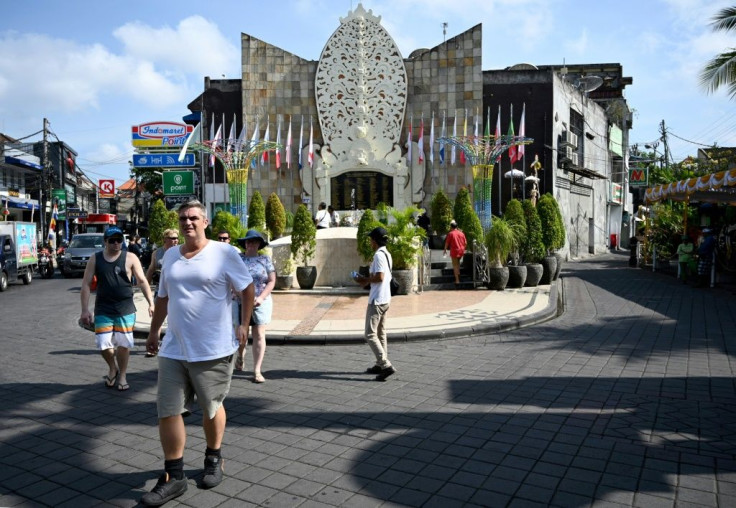ISIS Seeking To Move Base To Southeast Asia After Baghdadi Death: Malaysia

After the suicide of ISIS (or its Arabic acronym Daesh) leader Abu Bakr al-Baghdadi in Syria last month, Malaysia is warning that the militant group is seeking new territory and is trying to use Southeast Asia as a base of operations. The raid by the U.S. 75th Ranger Regiment and the U.S. Delta Force is when Baghdhadi killed himself and two children when he detonated a suicide vest while being chased by the U.S.
Malaysian Home Affairs Minister Muhyiddin Yassin on Wednesday told the 13th ASEAN Ministerial Meeting on Transnational Crime in Bangkok that “After losing much of its territory in Syria and Iraq, Daesh is looking for a new base. Malaysia does not rule out the possibility of Daesh shifting its operations to the Southeast Asia region. There are also growing threats from returning foreign terrorist fighters, online radicalization and lone-wolf attacks.”
Nathan Sales, the US Department of State’s top counterterrorism official, said suicide bombings, that he described as a “very, very recent phenomenon” in the region, was evidence that ISIS militants were exporting terrorist tactics techniques and procedures from the Middle East.
While the number of ISIS terrorists flowing into Southeast Asia is thought to be low, the number may increase if the providers of forged and stolen passports are successful at their “craft”.
A former militant, Nasir Abas, the former leader of al-Qaeda’s Southeast Asia branch named Jemaah Islamiah (JI), told the South China Morning Post that such passports helped facilitate the movement of militants.
He said, “There are scalpers who sell stolen passports. They will sell passports with photos which are similar to the facial features of the buyer. This is not easy, but these scalpers have many passports for a buyer to choose from.” He claims he used an Indonesian passport to travel to the southern Philippines where he founded a paramilitary training camp.
Abas was arrested for having a fake Indonesian passport in 2003 but was released in 2004. He reformed after the 2002 terrorist bombings in Bali where over 200 civilians were killed, and he now spends his time helping the Indonesian government with deradicalization efforts.
He says the ersatz passports are freely available and help militants to return home, enter other countries and evade authorities. Abas, a Malaysian citizen based in Jakarta, was not involved in the Bali bombings. According to him, three types of passports were for sale — home-made, obtained from immigration offices using a fake ID, and genuine passports that had been stolen.
Malaysia is taking steps to fully utilize the Interpol database on stolen and lost travel documents to screen incoming travelers, according to Muhyiddin. The country has also established a Counter-Messaging Centre (CMC) to monitor and disrupt online radicalization efforts on social media platforms.
“Intelligence gathered through the CMC has enabled Malaysian police to make many arrests and pre-empt potential attacks,” Muhyiddin said.
© Copyright IBTimes 2025. All rights reserved.





















